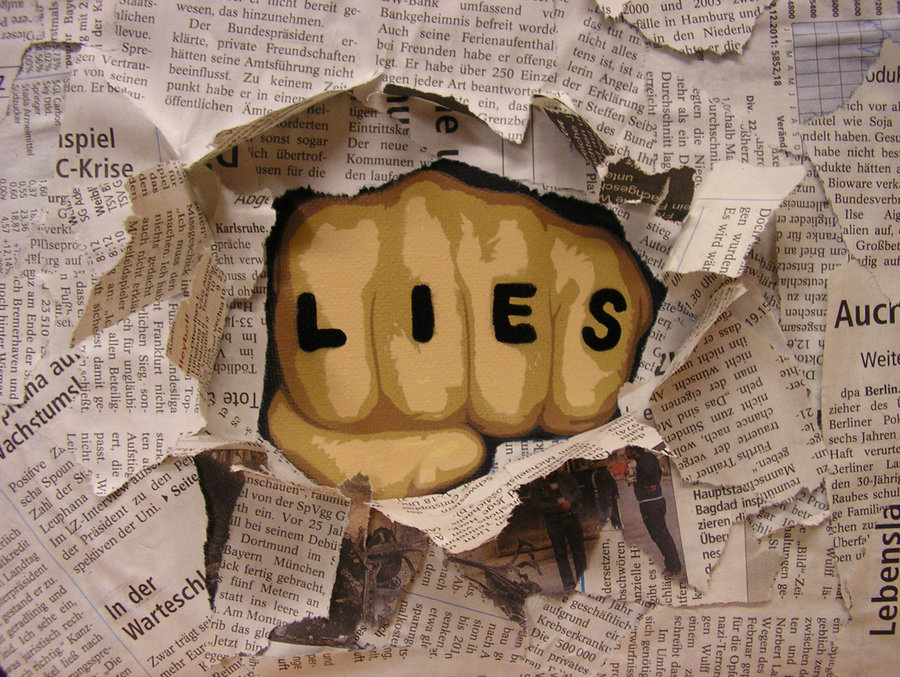Are Beautiful People More Friendly?
November 16, 2013 in Daily Bulletin

Is beauty ‘real’, or a cultural phenomena? The debate is of course huge and has been raging for years but there are some fascinating insights from a study on foxes:
- Dmitry Belyaev bred silver foxes in Russia . He wanted to breed foxes that would be friendlier and so easier to work with. He found that he could; but with the added effect of a change in the foxes’ appearance. Their faces flattened, jaws shortened and skulls became more rounded.
- The link between the friendliness and face change appears to be hormonal. Seratonin and estradiol affect both behaviour and aspects of development.
- So is there a link between how we look and how we act?
- Unattractive people are off to a bad start. At least 15 studies show mothers treat attractive children differently to unattractive ones. 13% of (independently assessed) attractive children, for example, were secured comfortably in grocery carts at the supermarket. 1% of unattractive were similarly secured.
- According to evolution, we’d expect more attractive people to find it easier to get a mate, and so on average to have more children. This does indeed happen, with the most attractive having more children than the least attractive by 16% and 13% for women and men respectively.
- So is the human race becoming both more attractive and more friendly? Maybe. Reconstructions of faces are accurate for the recently deceased. When faces of ancient people are reconstructed, as a rule they tend to be less attractive than modern folk.
The idea that beauty is an indicator of more favourable behaviour is sure to ruffle many feathers. We wonder, does this mean that we could give people seratonin and estradiol supplements to make them nicer? For an interesting and engaging article with persuasive evidence, look over here
Source: The Economist









Join the Discussion! (No Signup Required)